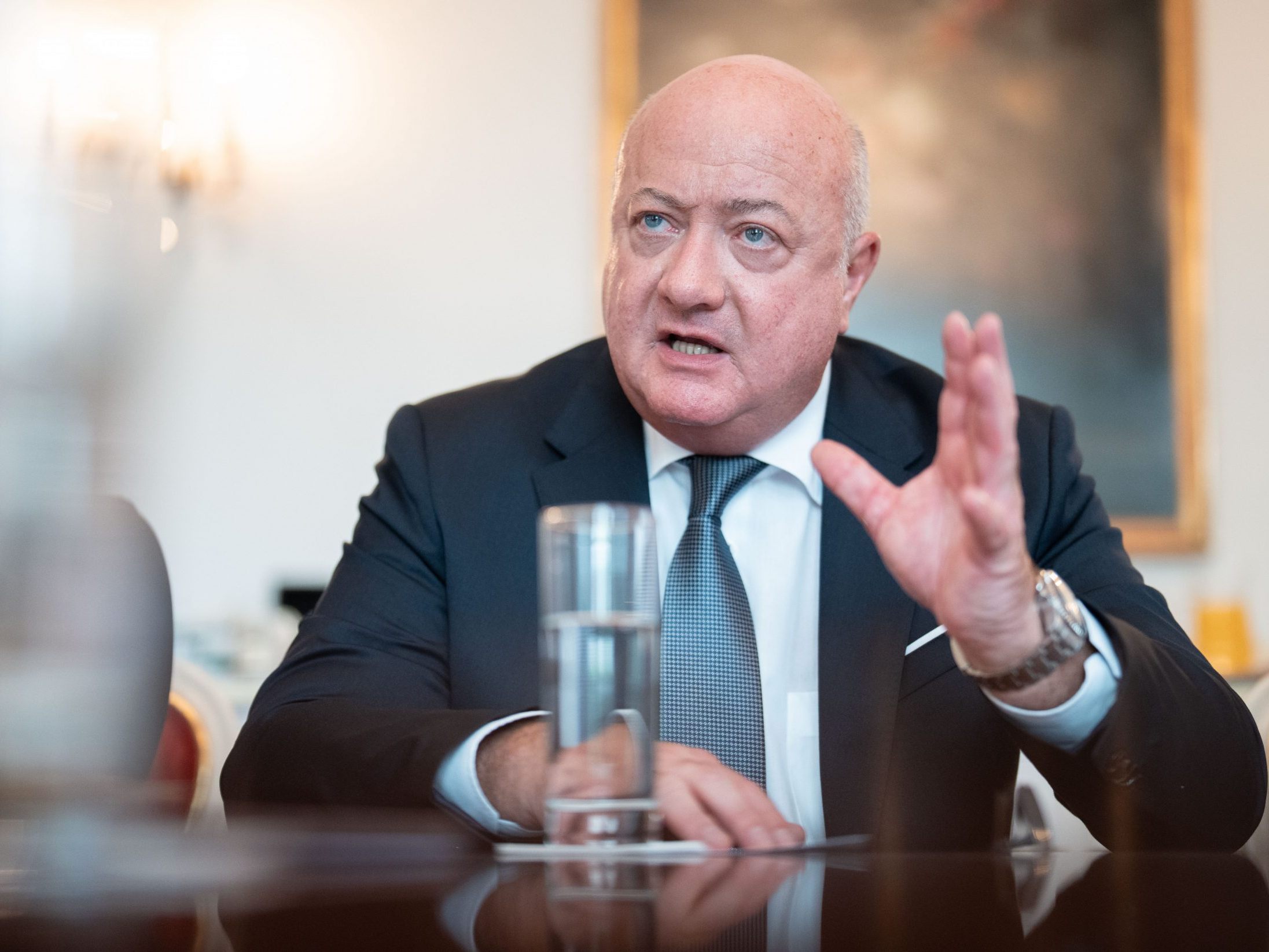Stocker wants to reduce the number of power grid operators

Chancellor Christian Stocker (ÖVP) wants to significantly reduce the number of electricity grid operators in Austria. This is intended to bring savings. At the same time, grid expansion should be financed more cheaply through a fund. The regulatory authority E-Control considers cost reduction through structural adjustments to be fundamentally possible, as E-Control board member Wolfgang Urbantschitsch explained on Friday in the Ö1 "Morgenjournal".
Stocker: "Inefficient and Expensive"
"About a third of the electricity bill consists of grid fees. In Austria, there are currently more than 110 electricity grid companies - about two-thirds of them publicly owned," Stocker explained in a written statement to the APA. "This is inefficient and expensive." He is considering a reduction of publicly owned grid companies by about 90 percent. "This will create more efficient structures, reduce costs on the electricity bill, and at the same time contribute to curbing inflation."
Approval from the states and municipalities - often owners of the grid companies - would be necessary for mergers. The Chancellor also promised compensation for any losses through financial equalization in a summer discussion. A so-called location fund, which is intended to provide favorable loans for grid investments, has already been decided in the Council of Ministers.
E-Control Board Member Commented
Each grid operator has a monopoly in its area, and E-Control reviews and approves the grid tariffs for households. E-Control board member Wolfgang Urbantschitsch sees efficiency gains with fewer companies: "I do think that with a certain structural adjustment, synergy potentials can be realized here. This means, in particular, that the administrative effort associated with these many companies would be lower, which means that it is quite possible that the costs would then be lower," he said in the Ö1 "Morgenjournal".
The infrastructure fund planned by the government could facilitate access to cheaper capital - with possible effects on grid tariffs. Urbantschitsch: "Such an infrastructure fund can certainly contribute to reducing grid costs, because if there is the possibility for grid operators to access cheaper capital and these lower costs actually reach the customers in the end. Then this actually leads to a reduction in grid tariffs," said the E-Control board member.
A clear legal basis and the recognition of the reduced costs in the tariff setting would be crucial: "E-Control has to recognize the costs of the grid operators, namely the reasonable costs, and if the costs are lower, then E-Control would naturally be able to set the tariffs correspondingly lower."
(APA/Red)
This article has been automatically translated, read the original article here.





